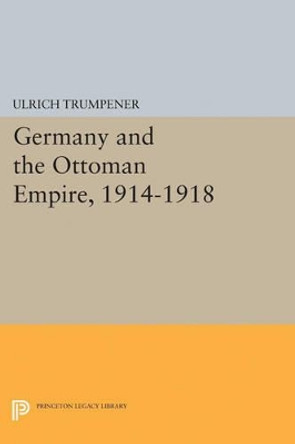Description
The first comprehensive history of German youth in the First World War, this book investigates the dawn of the great era of mobilizing teenagers and schoolchildren for experiments in state-building and extreme political movements like fascism and communism. It investigates how German teachers could be legendary for their sarcasm and harsh methods but support the world's most vigorous school reform movement and most extensive network of youth clubs. As a result of the war mobilization, teachers, club leaders, and authors of youth literature instilled militarism and nationalism more deeply into young people than before 1914 but in a way that, paradoxically, relaxed discipline.
In Youth in the Fatherless Land, Andrew Donson details how Germany had far more military youth companies than other nations-as well as the world's largest Socialist youth organization, which illegally agitated for peace and a proletarian revolution. Mass conscription also empowered female youth, particularly in Germany's middle-class youth movement, the only one anywhere that fundamentally pitted itself against adults. Donson addresses discourses as well as practices and covers a breadth of topics, including crime, work, sexuality, gender, family, politics, recreation, novels and magazines, social class, and everyday life.
Donson's well-researched and nuanced study of German youth during World War I offers fresh perspectives on the history of class, gender, political mobilization, and the legacy of the war. Youth in the Fatherless Land tells a fascinating story of how the war encouraged authoritarianism, reform, and independence, all at the same time. -- Annemarie Sammartino, Oberlin College This sophisticated and deeply researched work is the first major study of the 'war youth generation' in Germany. Especially original is Donson's treatment of war pedagogy that institutionalized the populist nationalism of August 1914. By exploring both the common experiences of youth as well as the divergences conditioned by class and gender, he accounts for the polarization within the Socialist and middle class youth movements and ultimately explains why the war generation proved so susceptible to the appeals of the Communists and Nazis. Donson has produced a thought-provoking analysis of some of the wrenching discontinuities in twentieth-century Germany's agonized history. -- Derek S. Linton, Hobart and William Smith Colleges
About the Author
Andrew Donson is Associate Professor of History and German and Scandinavian Studies at the University of Massachusetts Amherst.
Reviews
This sophisticated and deeply researched work is the first major study of the 'war youth generation' in Germany. Especially original is Donson's treatment of war pedagogy that institutionalized the populist nationalism of August 1914. By exploring both the common experiences of youth as well as the divergences conditioned by class and gender, he accounts for the polarization within the Socialist and middle class youth movements and ultimately explains why the war generation proved so susceptible to the appeals of the Communists and Nazis. Donson has produced a thought-provoking analysis of some of the wrenching discontinuities in twentieth-century Germany's agonized history. -- Derek S. Linton, Hobart and William Smith Colleges
Donson's well-researched and nuanced study of German youth during World War I offers fresh perspectives on the history of class, gender, political mobilization, and the legacy of the war. Youth in the Fatherless Land tells a fascinating story of how the war encouraged authoritarianism, reform, and independence, all at the same time. -- Annemarie Sammartino, Oberlin College
Awards
Joint winner of Fraenkel Prize in Contemporary History 2007. Nominated for George L. Mosse Prize 2010 and Hans Rosenberg Book Prize 2010 and Herbert Baxter Adams Prize 2010 and Herbert Baxter Adams Prize 2011.
Book Information
ISBN 9780674049833
Author Andrew Donson
Format Hardback
Page Count 344
Imprint Harvard University Press
Publisher Harvard University Press










